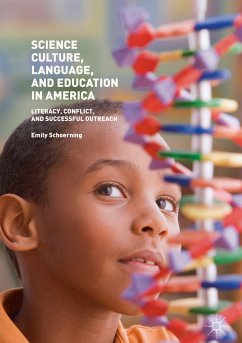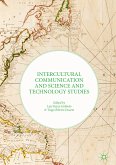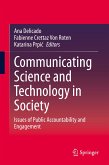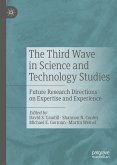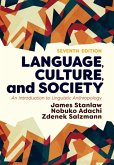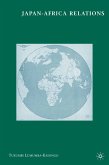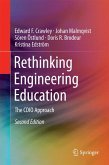Can the culture and language of science be an alienating force that discourages marginalized people from identifying with scientists and pursuing higher education in the sciences? More broadly, does an education system which unwittingly presents science as a distinct culture result in a population susceptible to doubt, confusion, and denial? This volume explores how this 'culture of science' is reflected and transmitted in the classroom, and how this can have wide-reaching and often negative implications for science education and science literacy. Well-intentioned efforts to bring hands-on scientific experiences into the classroom must also take into account how students perceive the culture of science. Areas of potential conflict include linguistic and cultural behaviors, misconceptions about science and the nature of science, and, in some cases, religious worldviews. Once recognized, these conflicts are resolvable, and valid methods exist to reduce alienation, broaden participation, and ensure that all students, whether or not they pursue STEM careers, leave school knowing that science is something that they can trust.
Dieser Download kann aus rechtlichen Gründen nur mit Rechnungsadresse in A, B, BG, CY, CZ, D, DK, EW, E, FIN, F, GR, HR, H, IRL, I, LT, L, LR, M, NL, PL, P, R, S, SLO, SK ausgeliefert werden.

